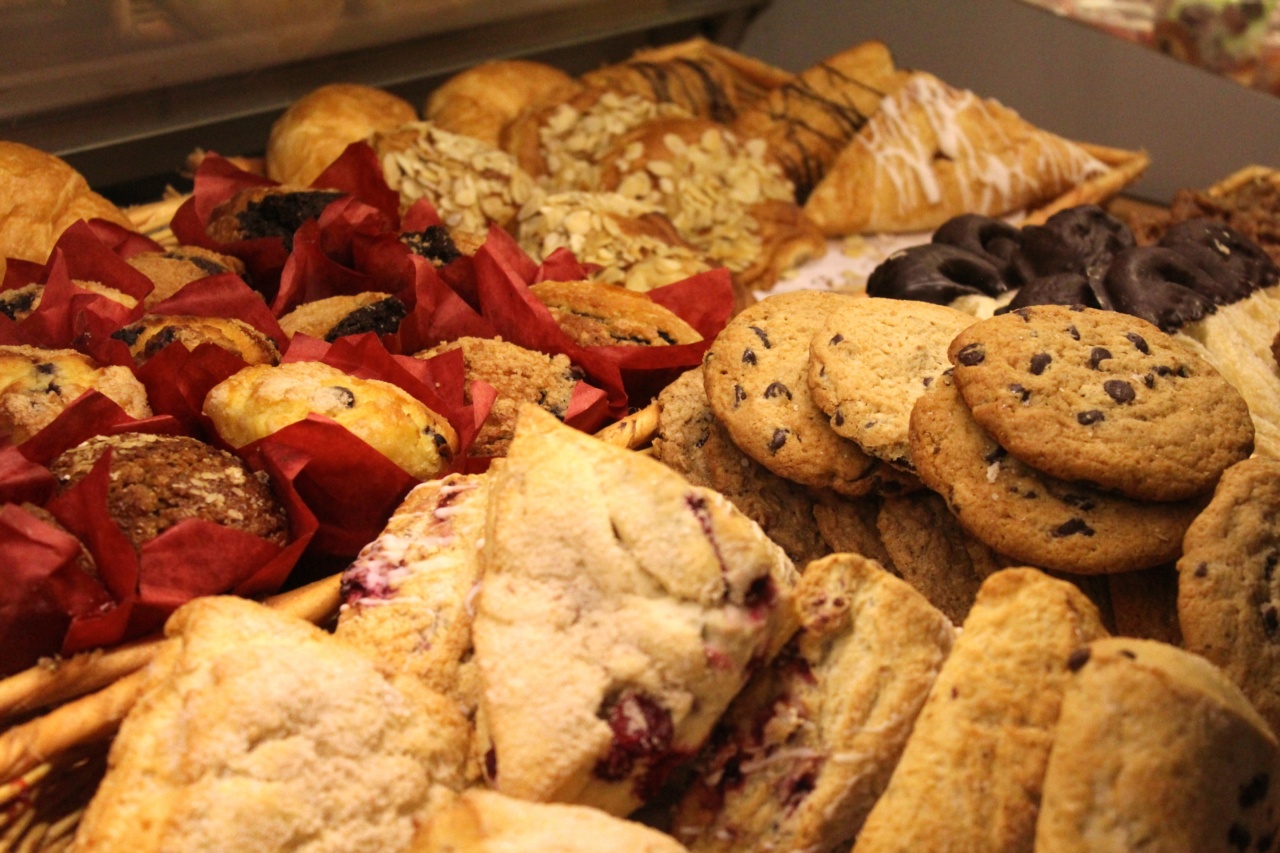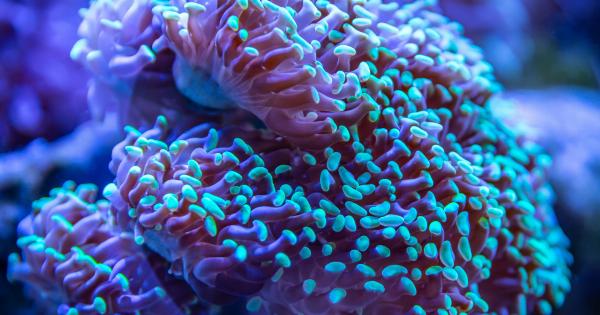Diarrhea is a common condition that causes frequent, watery bowel movements. It can be caused by a variety of factors including bacterial or viral infections, certain medications, or medical conditions such as irritable bowel syndrome.
Symptoms of Diarrhea
The symptoms of diarrhea can include frequent loose or watery bowel movements, abdominal pain or cramping, nausea, and dehydration. If symptoms persist for more than a few days or are severe, it is important to seek medical attention.
The Importance of Diet in Diarrhea Treatment
One of the most important aspects of treating diarrhea is maintaining a healthy diet. A healthy diet can help to reduce symptoms, promote healing, and prevent dehydration.
What to Eat When You Have Diarrhea
When experiencing diarrhea, it is important to eat foods that are easy to digest. This can include:.
- Broth-based soups
- Bland cereals such as rice, oatmeal, or cream of wheat
- Bananas
- Applesauce
- Boiled or baked potatoes
- Unseasoned lean meats such as chicken or fish
Foods to Avoid When You Have Diarrhea
It is important to avoid certain foods when experiencing diarrhea. These can include:.
- Spicy foods
- Fatty or greasy foods
- Dairy products including milk, cheese, and ice cream
- Caffeine and alcohol
- Sweet or sugary foods including candy and soda
Staying Hydrated
The most important aspect of diarrhea treatment is staying hydrated. Diarrhea can cause dehydration, which can lead to further complications.
It is important to drink plenty of fluids, including water, clear broths, and electrolyte-rich sports drinks such as Gatorade.
Conclusion
Diarrhea is a common condition that can be treated with the right diet. Eating easy-to-digest foods and avoiding certain foods can help to reduce symptoms and promote healing. It is also important to stay hydrated to prevent dehydration.































